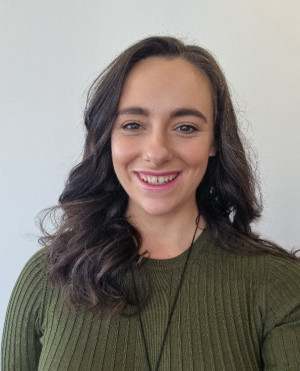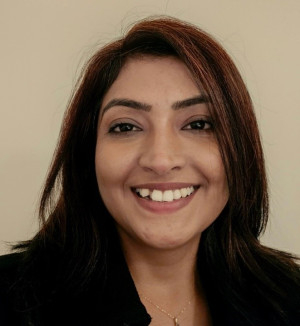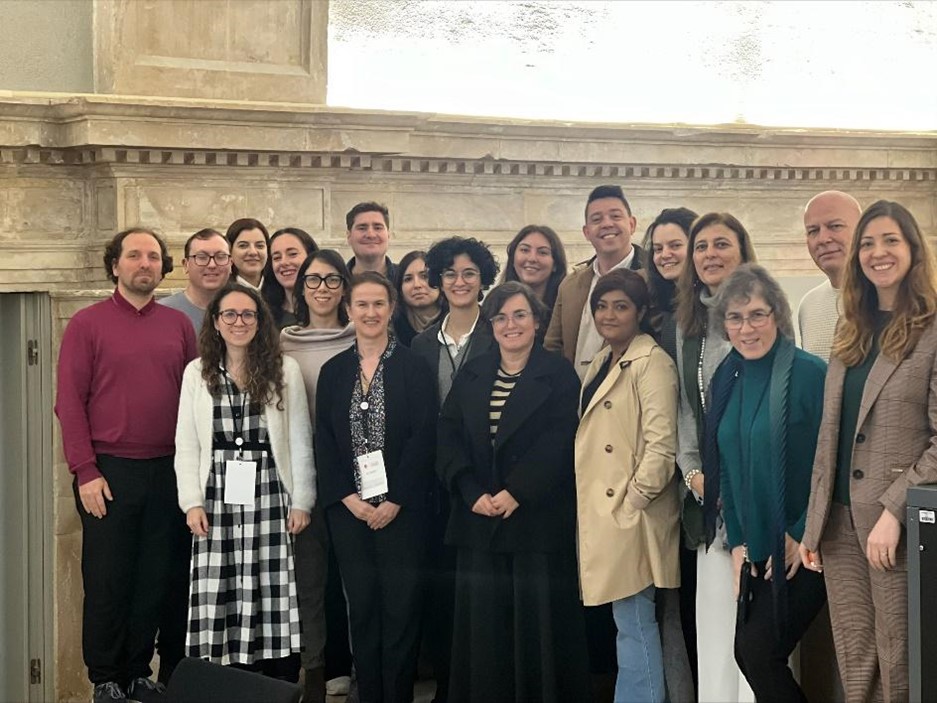Kiwi researchers working to bring marginalised voices to the forefront in European Citizens’ Assemblies
Creating an Inclusive European Citizens’ Assembly (EU-CIEMBLY), a Horizon Europe project with a Kiwi connection, addresses the challenge of increasing citizen participation in politics while prioritising inclusion and equality. This is one of the first two successful Horizon Europe collaborations involving New Zealand researchers and the first to involve a Māori senior researcher.
On this page

Above: Photo of Associate Professor Lara Greaves (Ngāpuhi)
Associate Professor Lara Greaves (Ngāpuhi) from Victoria University of Wellington and Research Fellow Dr Rituparna Roy from the University of Waikato are leading a work package that will form the theoretical and analytical framework for the project.
They say citizen assemblies, which bring together diverse and representative groups for collaborative deliberation and decision-making, aim to tackle issues like rising populism and dissatisfaction with democratic processes. But traditional models of citizens assemblies often miss the voices of marginalised groups, who may be excluded or under-represented in such discussions.
“The EU-CIEMBLY project seeks to change this by making assemblies more inclusive through an approach called intersectionality,” Lara says. “Intersectionality is a framework for acknowledging and understanding the complex layers of identity and experiences that affect individuals.”
Lara and Ritu were shoulder-tapped to participate in EU-CIEMBLY following their involvement in work funded by the New Zealand Government on the Youth 19 Rangatahi Survey.
“When people think about identity, they often consider just one aspect but there are many facets that shape how individuals experience the world,” Lara says.

Above: Photo of Dr Rituparna Roy
“Through the Youth 19 work, we looked at a range of outcomes across health, mental health and social wellbeing for people who identified with more than one marginalised group.”
“The University of Coimbra in Portugal is coordinating this project. They knew that New Zealand had recently become an associate partner in Pillar 2 of Horizon Europe.”
“They found our work on intersectionality in New Zealand and reached out in early 2023 to see whether we’d be interested in collaborating, which was really exciting,” Ritu adds.
Both Ritu and Lara already have a lot of experience working with intersectionality in New Zealand but say the opportunity to collaborate and work with a multinational and transdisciplinary team is more than worth its challenges.
“We’re working with a lot of people who are from public law backgrounds,” Lara says. “We've got one colleague who's a linguist. I haven't ever really worked in linguistics, so the multidisciplinary team and the diverse world views have been really interesting. So has the opportunity to help promote the possibilities and opportunities to other researchers as well.”
“The opportunity to contribute to improving the participation of people belonging to multiple, intersecting marginalised groups has been one of the most exciting aspects of the project,” Ritu adds.
“However, one key challenge we’ve faced is finding common ground among a multidisciplinary team regarding several concepts such as equity, equality, inclusion and discrimination—understanding what these terms mean and how they translate across different contexts.”
As the project progresses, the team is exploring whether a universal framework for inclusive citizens' assemblies can be developed or if customised approaches are necessary for each state.

Lara and Ritu attended the Kick-off event for EU-CIEMBLY in Coimbra, Portugal, in February this year
For any New Zealand researchers interested in Horizon Europe, Lara says “make sure you’re keeping your online profiles updated which can increase visibility and could be the reason for someone approaching you and becoming involved in bigger opportunities”.
There are 14 partners from countries such as Italy, Portugal, the United Kingdom, South Africa, and Spain involved in the EU-CIEMBLY project. Building international connections, even through virtual means, can also enhance the chances of participating in major collaborative projects.
Find out more about New Zealand’s association with Horizon Europe on the MBIE website and visit the EU-CIEMBLY website for more on this project’s work.
Successful Horizon Europe Pillar 2 projects with New Zealand partners
EU-CIEMBLY(external link) — ecas.org

